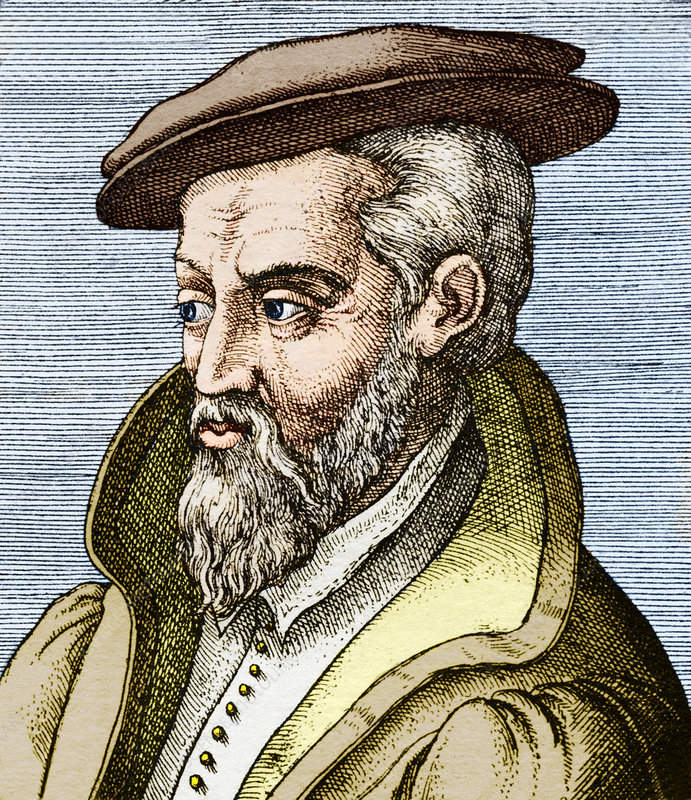How Did Georgius Agricola Further The Study Of Geology?

Georgia Agricola's Contribution to the Study of Geology
A Passion For Science
The great scientist, Georgius Agricola was born in the 1500s. As a child, he was already showing a great interest in science and was soon recognized as a child prodigy. He studied intensively at the University of Leuven and obtained his arts degree in 1529. Soon after, he moved to Italy where he studied medicine and underwent an in-depth analysis of minerals, rocks, and fossils. After many months of intensive study, he was the first person to classify geological entities systemically and to pioneer the scientific method.
Agricola eventually returned to Germany and started to work as a medical doctor and lecturer at the University of Wittenberg. He continued to pursue his interest in geological science while also delving into many other scientific and literary fields. He was a voracious reader-- able to study a variety of varied topics and comprehend them deeply. This exploration of various scientific fields is what helped him to improve his understanding of geology.
Agricola developed a deep love of learning and teaching. His relentless curiosity meant that he continued to push the boundaries of science and learning, as well as helping to pioneer new ideas and theories. His devotion to knowledge was renowned and unmatched by his contemporaries.
Contributions To The Field
Agricola was a prolific writer who penned a book titled De re Metallica, which discussed the chemical properties of metals and minerals. Not only did he present a systematic view of minerals, rocks, and fossils, but he described the methods used in the extraction of metals from ore. This book was the precursor to the field of geology and is seen as one of the first works to combine chemistry and geology.
Apart from De re Metallica, Agricola also wrote several other works, including De Natura Fossium and De Situationibus Subterranea. These writings discussed fossils in much greater detail and established a further understanding of the processes involved in mineral analysis. Through these writings, Agricola was the first to study ores and ore chemistry in-depth. This knowledge became the foundation of what we know as geology today.
Agricola was also the first to describe the effects of water flow on sedimentary rocks in his work De Natura Fossium and to recognize erosion as an influential factor in the formation of layers of minerals and rocks. His work showed that the forces of nature and processes of erosion had a profound effect on how landscapes changed over time.
His Final Legacy
Agricola's groundbreaking theories and studies made him a much-respected and celebrated figure in the world of geology. His dedication and enthusiasm for science were unparalleled and he made an immense contribution to the field. His unique blend of knowledge and expertise, as well as his commitment to creativity, laid the groundwork for further developments in the study of geology.
Even centuries after his death, Agricola's legacy continues to be evident in the lives and work of scholars, scientists, and geologists all over the world. His discoveries and writings have set the tone for modern geology and have enabled many people to better understand how landforms form, change, and evolve over time.
Legacy to the Future
Georgius Agricola's innovative and pioneering contribution to the world of geology can never be underestimated. He had an insatiable inquisitiveness that will never be forgotten. He started the study of geology and laid the foundation for its growth and development.
His passionate and dedicated approach to science has allowed for generations of scientists and geologists to make further progress in the field. His love for knowledge and creative spirit have enabled many people to explore the natural environment and its complexities, making invaluable contributions to the study of geology and to humanity as a whole.
Post a Comment for "How Did Georgius Agricola Further The Study Of Geology?"